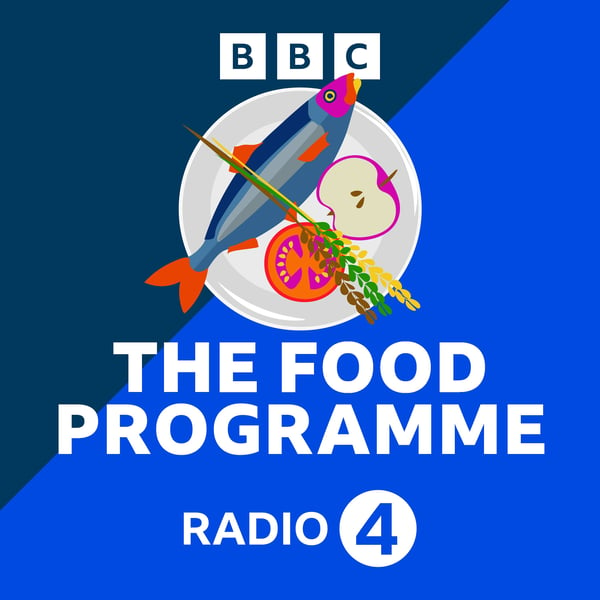Catering in Care Homes
The Food Programme
BBC
4.4 • 943 Ratings
🗓️ 1 August 2021
⏱️ 30 minutes
🧾️ Download transcript
Summary
The Coronavirus pandemic has brought into focus the lives of older and disabled people living in care homes like never before. From the start of the first lockdown, there were fears about food being in short supply, and then later came the reality of lockdown, with residents spending days alone in bedrooms, and video-calls and ‘window visits’ becoming the only means of contact with loved ones.
In this programme, relatives share their anxieties about the catering on offer to elderly parents, about the quality of food, and how well trained care staff are at getting meals from plates to mouths. Sheila Dillon hears how some care homes are tied into buying food from certain catering companies, and discovers the average care home now spends £4 a day on food per person.
In Hertfordshire, Sheila meets an organisation called Hertfordshire Independent Living Service which is being funded by the NHS to improve nutrition and hydration in care homes – it offers training and accredits those that are doing particularly well. While in the Surrey Hills, Birtley House care home has been growing vegetables to be used in the kitchen for several years, its chef explains how it helps keep the menus interesting and the residents healthy.
GBBO judge Prue Leith, who recently carried out a review for the Government into hospital food, says money must be spent on providing better training for care home staff. A chefs course specifically for those working in social care has been set up, but so far only one college is offering it.
Presented by Sheila Dillon Produced in Bristol by Natalie Donovan Reporting from Carolyn Atkinson
Transcript
Click on a timestamp to play from that location
| 0:00.0 | You're about to listen to a BBC podcast and I'd like to tell you a bit about the |
| 0:03.8 | podcast I work on. I'm Dan Clark and I commissioned factual podcasts at the BBC. |
| 0:08.6 | It's a massive area but I'd sum it up as stories to help us make sense of the forces shaping the world. |
| 0:15.3 | What podcasting does is give us the space and the time to take brilliant BBC journalism |
| 0:19.8 | and tell amazing compelling stories that really get behind the headlines. |
| 0:23.7 | And what I get really excited about is when we find a way of drawing you into a subject |
| 0:28.4 | you might not even have thought you were interested in. |
| 0:30.2 | Whether it's investigations, science, tech, politics, culture, true crime, the environment, |
| 0:36.1 | you can always discover more with a podcast on BBC Sounds. |
| 0:39.7 | BBC Sounds, music, radio podcasts. |
| 0:44.6 | Hello, you've downloaded a podcast of BBC Radio 4's The Food Program. |
| 0:49.7 | Welcome to our world, from cooking to culture, politics to pleasure. |
| 0:54.7 | We hope you enjoy it. |
| 0:56.4 | Since COVID hit, we've been forced like never before to think about older people, the |
| 1:01.5 | conditions that tens of thousands of them live in, and the role that food plays |
| 1:05.8 | in adding pleasure and health to those final years. Things weren't great before the pandemic. |
| 1:12.4 | Then they got worse, starting with food shortages. |
| 1:17.0 | Our staff were having to go out into supermarkets to prop up on the normal essentials and then even though the local authorities |
| 1:24.8 | given us letterheads to prove that we do work in social care and we are |
| 1:28.1 | legitimately able to be here. Members of the public have been quite |
| 1:31.4 | aggressive to us. |
| 1:32.5 | As communities in local organizations rallied to get food, particularly fresh food, to |
... |
Please login to see the full transcript.
Disclaimer: The podcast and artwork embedded on this page are from BBC, and are the property of its owner and not affiliated with or endorsed by Tapesearch.
Generated transcripts are the property of BBC and are distributed freely under the Fair Use doctrine. Transcripts generated by Tapesearch are not guaranteed to be accurate.
Copyright © Tapesearch 2025.

